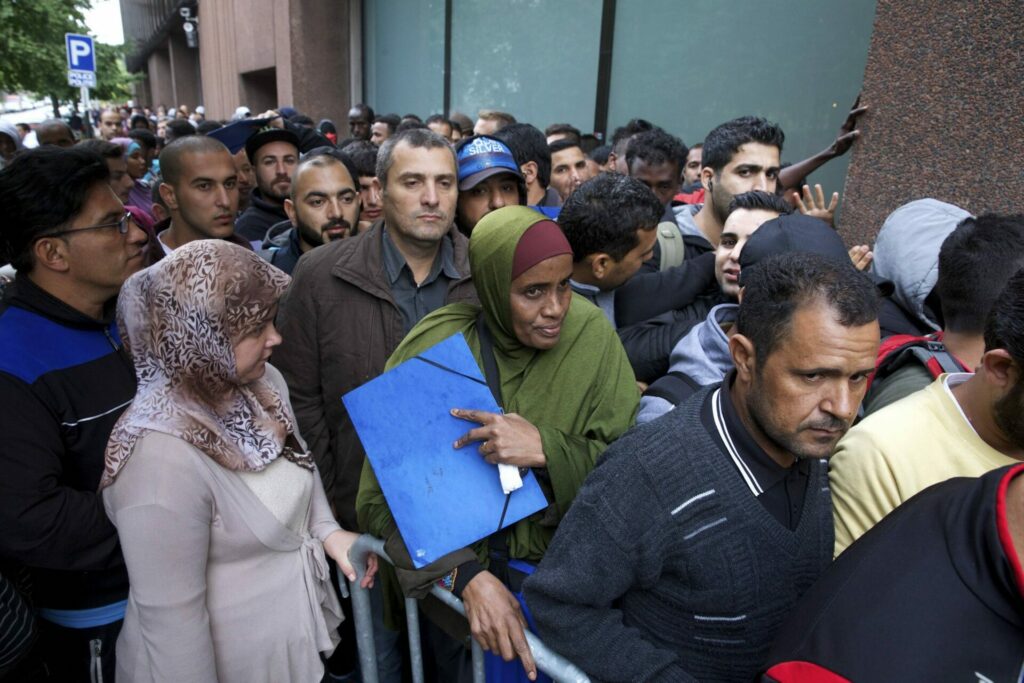The European Commission wants to attract more migrant workers from Egypt, Morocco and Tunisia to fill in the gaps in the European labour market and prevent irregular migration.
The European Commission also states in a draft proposal that “talent partnerships” must be concluded with Senegal, Nigeria, Pakistan and Bangladesh.
The Commission did not comment on how many migrant workers the EU should admit in the upcoming years, De Morgen reported, stating that is a national competence and up to the individual Member States.
The news comes while European countries are struggling to deal with the new influx of refugees from Ukraine, adding to the already high numbers in Europe of people seeking refuge. Last month, Belgium ordered 680 Afghan refugees to leave the country.
“The enthusiasm among Member States to talk about migration is already low now that there are millions of refugees from Ukraine in Europe,” a concerned EU official admitted to De Morgen. The increase in migrant workers from Egypt, Tunisia and Morocco is planned to come into place by the end of this year.
Labour shortages
The EU has been facing staff shortages in many sectors, including healthcare, transport, tourism, construction and ICT. As the ageing population further increases, the continent’s working population can no longer cater for the industries’ demands.
Meanwhile, increasing regular migration is also a measure to combat irregular migration. Though 2.2 to 3 million migrants per year are regular and just 125,000 to 200,000 are irregular. Political discourse has emphasised the presence of irregular migrants, for which the Commission provides this solution.
Egypt, Morocco and Tunisia already have migration agreements with certain EU Member States, and many migrants come to Europe from or traveling through these three countries.
Brain-gain, not brain-drain
While certain African and Asian countries may consider migration a positive development as it gives citizens opportunities, education, work experience and income, the Commission wants to incentivise regularised migration by tying it to the conditions of development aid for the home countries.
The design proposal says it will be “brain-gain” rather than “brain drain”, as development aid allegedly aims to prevent all qualified workers from leaving their home country.
Related News
- Belgium complains to EU Commission over proposed French offshore wind farm
- Five million people have fled Ukraine since the war began
- Undocumented migrants occupy social housing building in Brussels
In the “talent partnerships” that the Commission plans to establish with Egypt, Tunisia and Morocco, mutual needs and obligations are detailed. Member States will participate on a voluntary basis.
On top of those partnerships, the Commission plans to set up an EU talent pool in which migrants-to-be can register their qualifications, making it easier for employers to recruit staff – a similar platform to the one that is in the works for Ukrainian refugees, where hey can list their diplomas, skills and experience in order to find suitable employment in EU states.
The Commission also wants work permits to be faster and easier to obtain. The process for a short work stay currently must be issued within four months, but due to slow procedures in Member States, that is often not how long it takes in reality, leaving employers with more unfilled vacancies.

